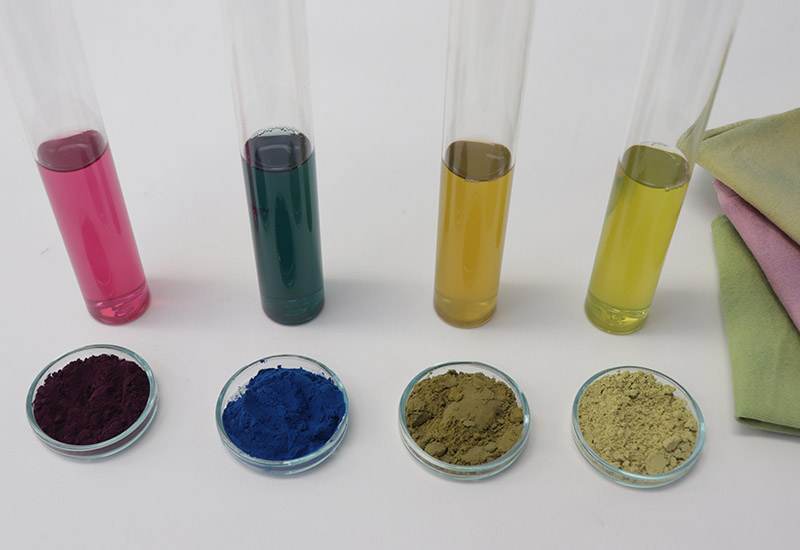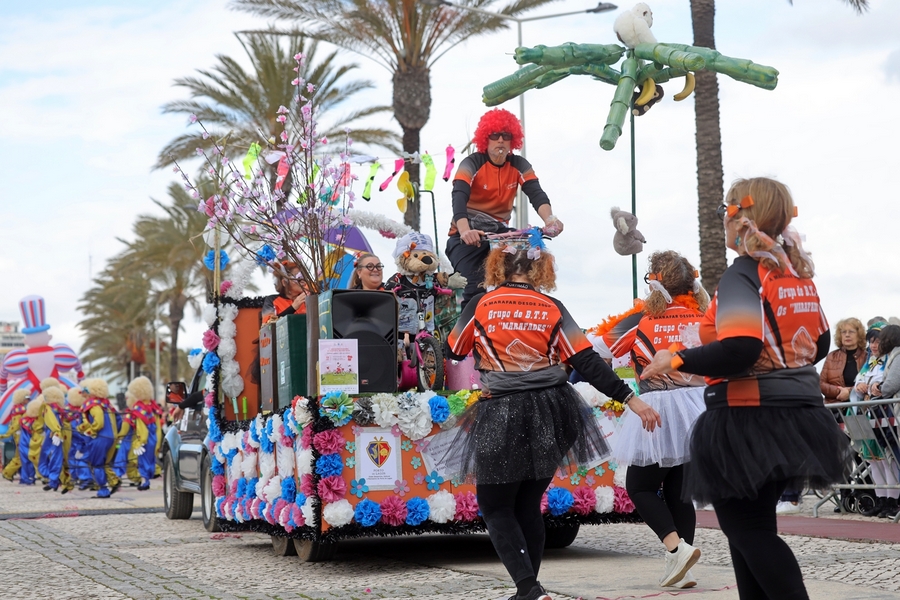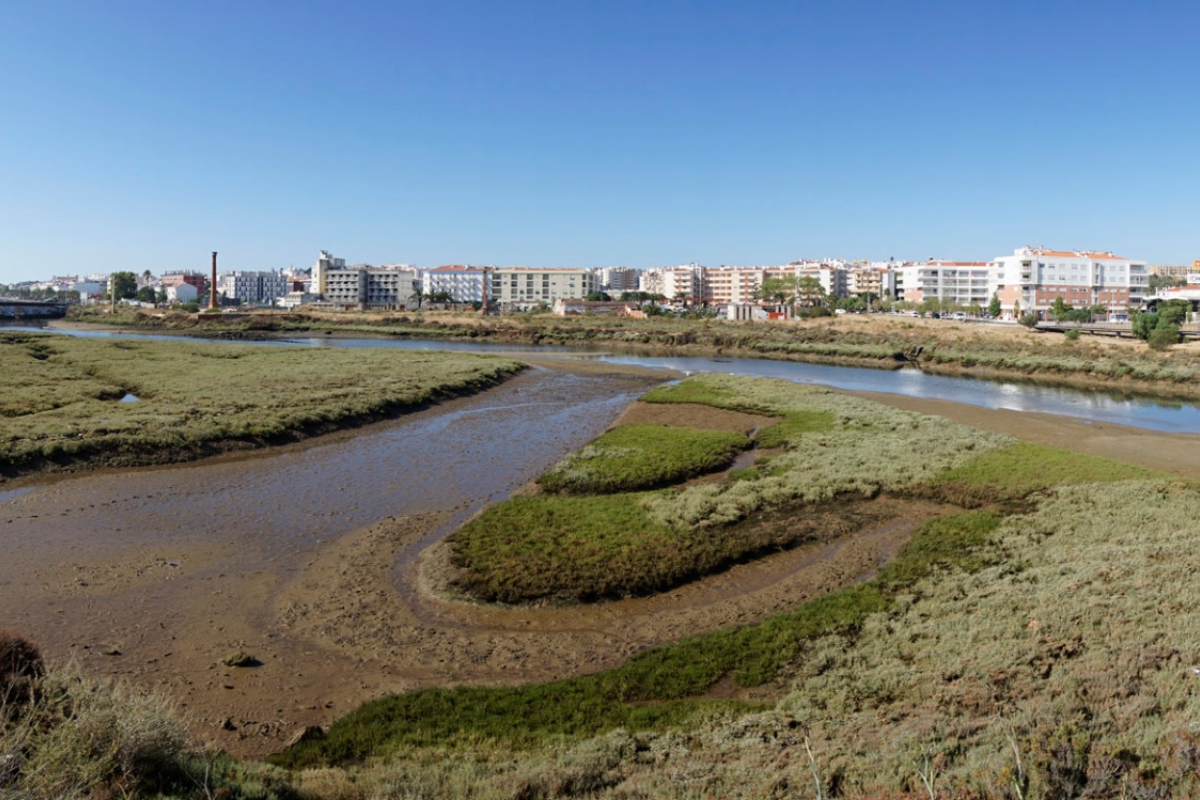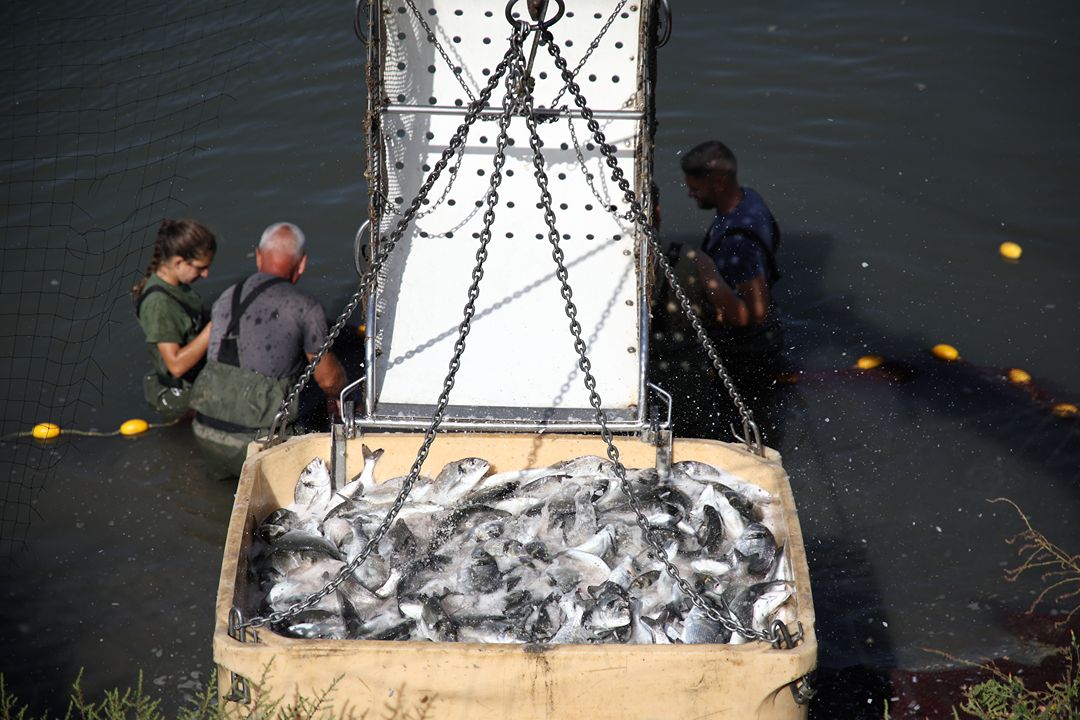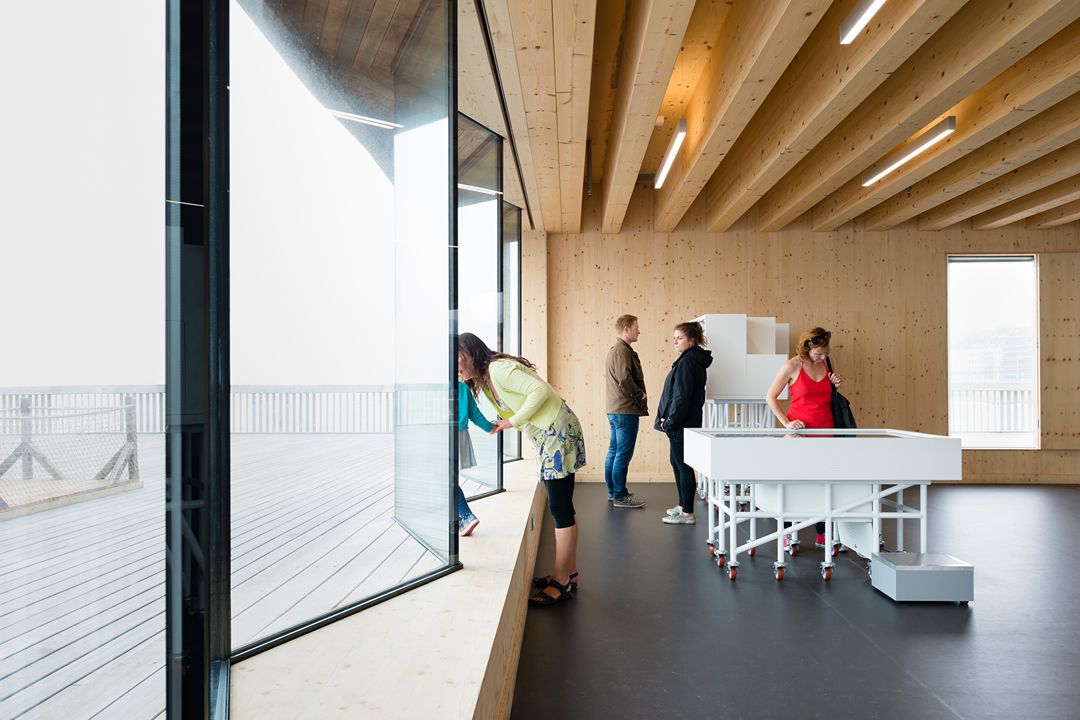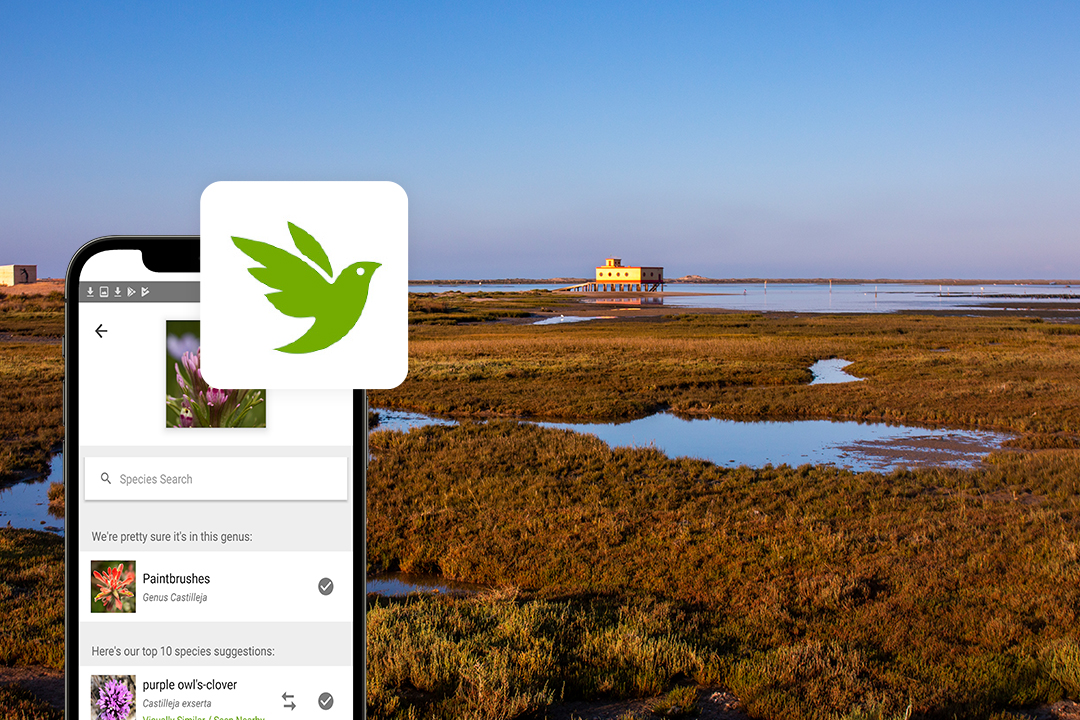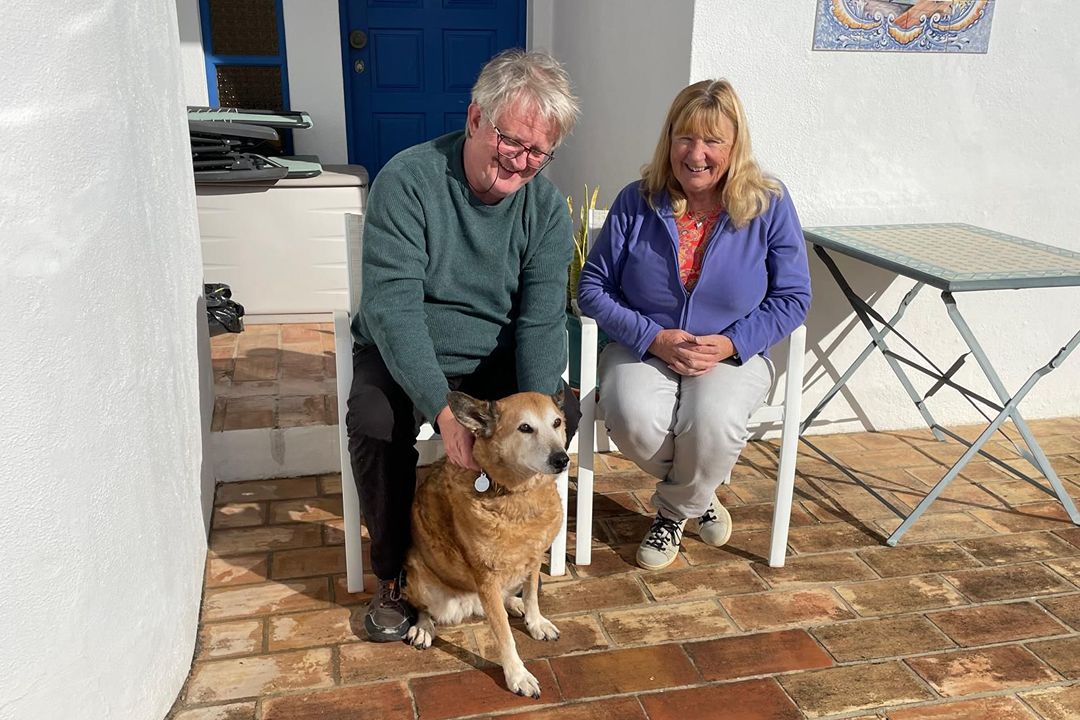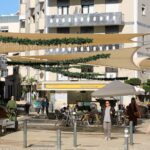Portugal is charting a new course toward sustainable industry by turning to the ocean’s vast resources. The PBA aims to establish a resilient blue economy that balances ecological integrity with economic growth, positioning Portugal as a leader in sustainable blue development within Europe.
A national effort is underway to address the scarcity of land-based natural materials by developing innovative products and processes from marine biomass. The Pacto da Bioeconomia Azul (PBA), or Blue Bioeconomy Pact, is a progressive initiative in Portugal aimed at promoting sustainable economic development through the responsible use of marine and aquatic resources.
Launched officially in 2022, this ambitious plan unites a diverse group of companies, research centres, and universities with a shared vision: to reindustrialise Portugal’s economy through environmentally friendly marine biotechnology. The various stakeholders hope to foster innovation and collaboration in sectors such as fisheries, aquaculture, and coastal tourism. By focusing on practices that enhance biodiversity, combat climate change, and support the livelihoods of coastal communities.
The PBA consortium currently comprises 83 national entities, including 53 companies ranging from global corporations to local startups, alongside 30 research institutions known as ENESII (Entidades não Empresariais do Sistema de I&I). These groups collaborate to harness the potential of the blue bioeconomy across seven key industrial sectors, known as Work Packages (WPs). These sectors have been defined as Biomaterials (WP1), Molluscs (WP2), Textile (WP3), Food (WP4), Seaweed (WP5), Feeding (WP6), and Fishes (WP7).
Among these, the textile sector (WP3) has emerged as an outstanding example of the pact’s innovative potential.
Creating sustainable material from the ocean
Led by the Portuguese company TMG Tecidos, WP3 focuses on transforming marine-origin biomaterials into sustainable fibres, textiles, and footwear. This approach aims to reduce the textile industry’s notorious environmental footprint by substituting traditional materials with recycled fishing nets and bio-extracts from seaweed.
The development process unfolds in distinct phases. First, fishing nets that have been discarded at sea are collected, cleaned, and mechanically recycled into fibres ready for textile production (photo 1). Parallel to this, researchers extract natural pigments and functional compounds from seaweed biomass using eco-friendly methods (photo 2). These extracts provide colouration and enhance the properties of fabrics, delivering features such as UV protection and fluorescence (main photo). A further phase involves applying microalgae treatments to dye and coat textiles, which can also be converted into fibres via melt-spinning or wet-spinning (photo 4), completing a sustainable manufacturing cycle that transforms marine residues into high-performance clothing (photo 5).
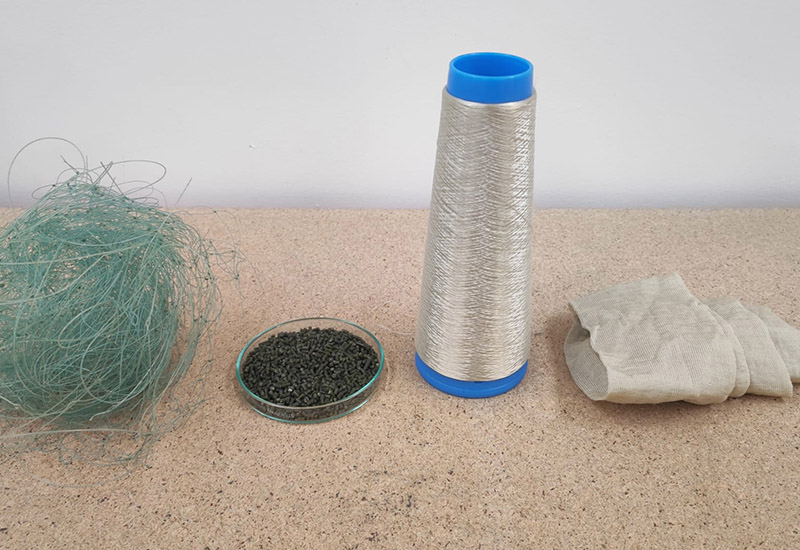
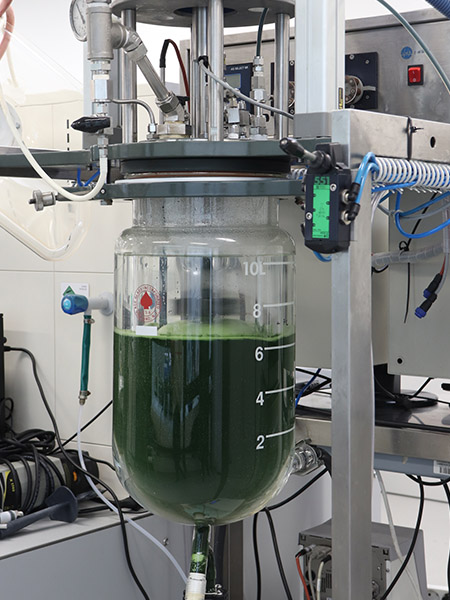
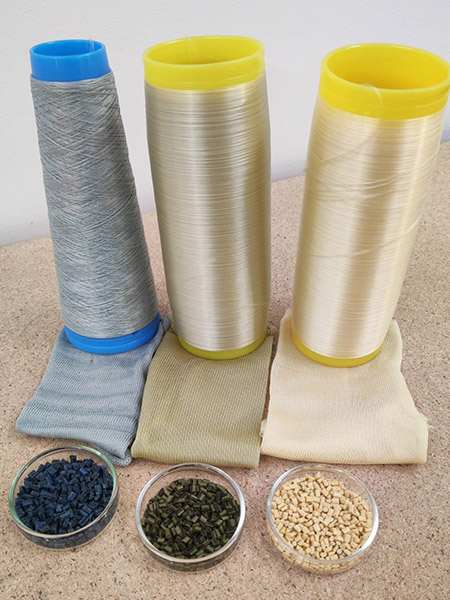
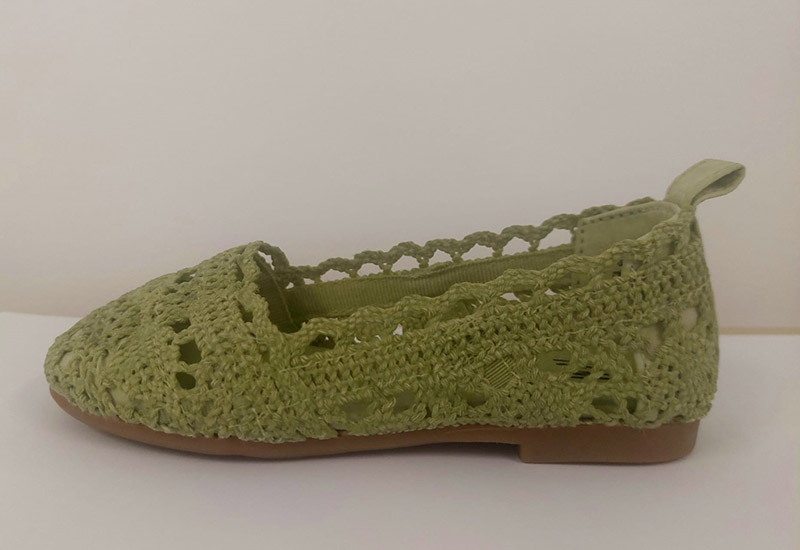
From the lab to market
Central to this innovative work is the Centro de Nanotecnologia e Materiais Técnicos, Funcionais e Inteligentes (CeNTI). Founded in 2006, CeNTI is a private research and innovation centre staffed by over 160 scientists and engineers. It provides the technological infrastructure necessary to bridge the gap from laboratory research to industrial-scale production. CeNTI’s collaboration has been instrumental in scaling these textile innovations for the market.
Since its inception in 2022, the PBA project has made steady progress. By 2023, the first fibres and dyed textile prototypes had been successfully produced using marine materials. Throughout 2024, research continued to refine the processes and prepare for broader scale-up. Today, in 2025, the initiative is transitioning into industrial implementation, with eco-friendly clothing lines made from marine biomaterials entering production.
Portugal pioneering progress
Beyond its environmental ambitions, the PBA seeks to position Portugal as a global pioneer in blue bioeconomy innovation, a market projected to reach €200 billion by 2030. By fostering new products and sustainable industries, the pact aims to create economic growth while protecting natural resources and biodiversity.
As the Pacto da Bioeconomia Azul advances, it exemplifies how scientific collaboration, industry leadership, and environmental protection can combine to redefine the future of manufacturing. Portugal’s ocean offers not only a rich ecosystem but also a promising foundation for a greener, more resilient economy.
